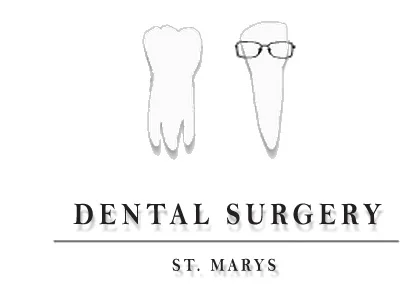For many of us, a tooth extraction or extractions will be the most invasive medical procedure we will undergo whilst being completely awake. Whilst modern anaesthetics will take all the discomfort out of the actual procedure, once it has worn off there are a number of things you need to do to ensure the area heals as quickly as possible.
The first 24 hours are primarily concerned with pain relief and bleeding control. The blood clot that forms straight after the extraction is fragile and needs time to establish itself into the wound. So
DO NOT rinse or gargle with anything for 24 hours, swallow your saliva even though it may taste like blood.
DO NOT drink anything hot, keep drinks cold to cool
DO NOT spit
DO NOT do any exercise and rest as much as you can.
DO NOT drink alcohol , and do not smoke for at least 48 hours.
DO take analgesics such as paracetamol, ibuprofen or a combination of the two, whilst the area is still numb from the anaesthetic. This will take effect as the numbness wears off and will prevent a sudden onset of pain. Ibuprofen will limit the swelling and help with ongoing pain.
DO still brush your other teeth, taking care around the wound. Leaving plaque behind will increase the bacteria in the area and the likelihood of a subsequent gum infection.
DO contact the surgery if bleeding continues and you find your mouth filling up with blood. A steady stream/trickle of blood is to be controlled with more gauze and firm pressure for 10 mins at a time. If your dentist is closed head to the hospital emergency room.
After 24 hours, the clot will be established and you can now rinse salt water to irrigate the gum and remove any debris that may make its way into the wound.
DO rinse with salt water twice a day starting 24 hours after the extraction.
DO continue to use pain relief if required. A wound in the bone takes much longer to heal than one in soft tissue so pain relief may be required for up to a week in some patients.
If pain should all of a sudden presents after a few days and/or a foul taste and odour develops, and especially if you have a history of smoking, you should contact your dentist in case a dry socket has developed. Whilst a dry socket is self limiting, your dentist should check to ensure it’s not some other sort of infection that requires attention.
Following these simple steps will ensure that your recovery is as quick and painless as possible.
